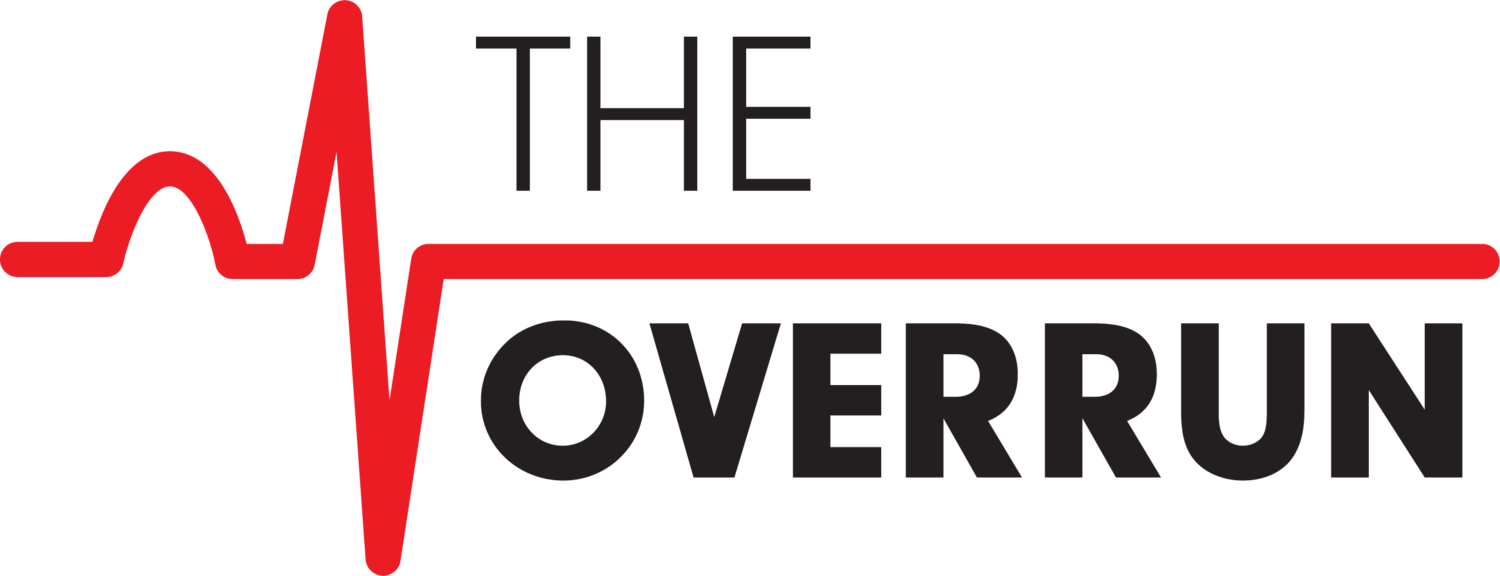Summary
Dr. Mike Berkenbush joins the podcast to discuss the challenges in EMS education on differentiating chest pain. The conversation highlights the need for a broader approach to chest pain, beyond just focusing on heart attacks. The importance of field impression and open-ended questions in assessment is emphasized. The discussion also explores the physiological differences in chest pain presentation and the potential mimics of chest pain, such as pericarditis and aortic dissection. The role of honesty and patient education, as well as the potential value of point-of-care troponin testing and AI in EKG interpretation, are also discussed.
Takeaways
EMS education should focus on a broader approach to chest pain, beyond just heart attacks.
Field impression and open-ended questions are crucial in assessing chest pain.
Physiological differences and potential mimics of chest pain should be considered.
Honesty and patient education are important in managing patient expectations.
Point-of-care troponin testing and AI in EKG interpretation have potential value in pre-hospital care.
Chapters
00:00 Introduction and Background
00:42 The Problem with EMS Education on Chest Pain
03:03 Recognition of Pre-Hospital Care in Cardiac Cases
04:01 Focus on Time-Sensitive Interventions
05:00 The Need for a Broader Approach to Chest Pain
06:07 The Challenge of Teaching Differential Diagnosis
07:03 Guiding EMTs in Assessing Chest Pain
08:13 The Importance of Field Impression
09:00 The Dangers of Casting a Wide Net
10:16 Physiological Differences in Chest Pain Presentation
11:19 Mimics of Chest Pain: Pericarditis and Aortic Dissection
12:25 Other Mimics: Cholecystitis and Pneumonia
13:00 Differentiating Chest Pain from Other Conditions
14:14 The Importance of Describing Types of Pain
16:11 The Role of Open-Ended Questions in Assessment
18:07 The Challenge of Teaching Assessment Skills
19:06 The Impact of EMS Communication on Patient Expectations
20:28 The Importance of Honesty and Patient Education
22:43 The Potential Value of Point-of-Care Troponin Testing
25:28 The Role of AI in EKG Interpretation
26:49 The Potential for BLS Providers to Perform 12-Lead EKGs
27:11 Conclusion
https://www.sciencedirect.com/science/article/pii/S2773232023000081
https://www.sciencedirect.com/science/article/pii/S0735675721000279
Then, Ed and Dan discuss the challenges and considerations surrounding the assessment and treatment of chest pain by BLS providers. They explore the tendency to over-triage chest pain cases and the need for a more nuanced approach. They emphasize the importance of field provider information in guiding patient care and highlight the role of EMS in the overall healthcare system. The conversation also touches on the need for ongoing learning and skills development, as well as the value of knowing the receiving facility. The episode concludes with final thoughts on the topic.
Takeaways
Avoid over-triaging chest pain cases and consider a more nuanced approach to differential diagnoses.
Field provider information is crucial in guiding patient care and can make a difference in the patient's trajectory through the emergency department.
EMS providers should recognize their role in the healthcare system and the importance of their assessments and findings.
Continued learning and skills development are essential for providing better care to patients.
Knowing the receiving facility and building relationships with the staff can improve patient outcomes.
Balancing the fear of litigation with effective assessment is important, and acting in the best interest of the patient is key.
BLS providers are expected to know more and do more in the evolving healthcare landscape.
Choosing the right center for patients based on their needs and available resources is crucial.
A thorough assessment, understanding the patient's story, and considering associated symptoms are essential in evaluating chest pain cases.














